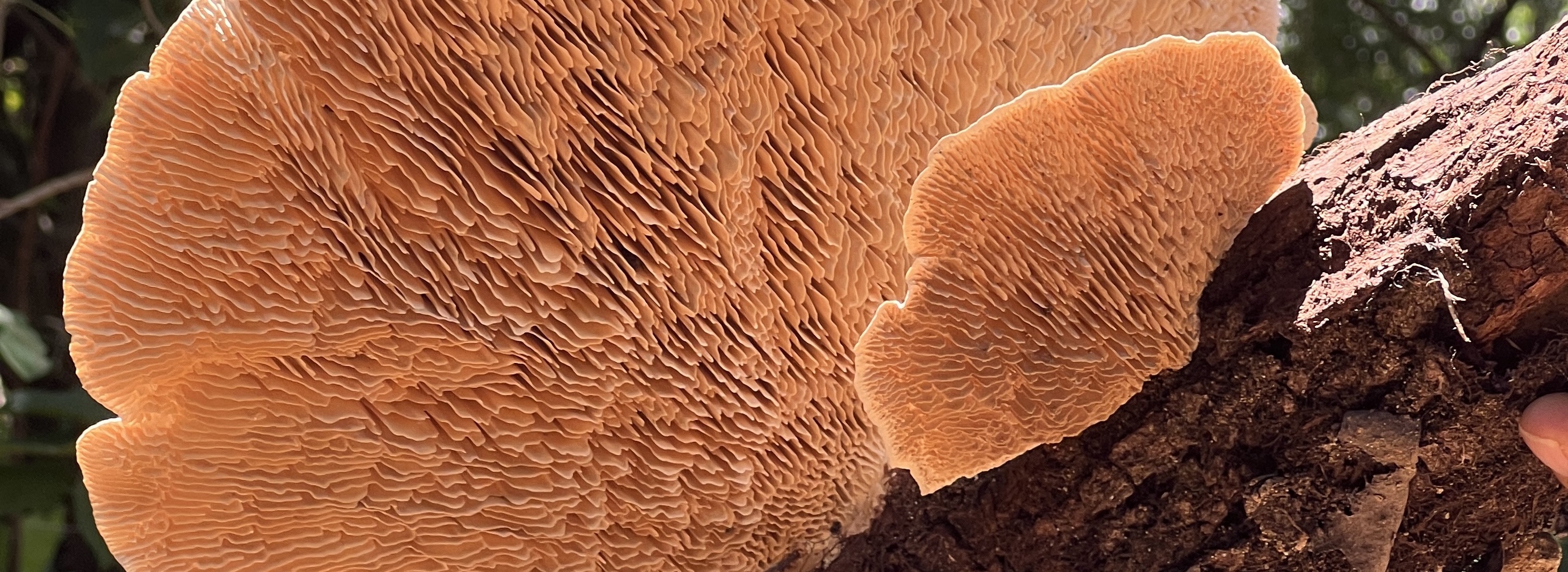
Monteverde Institute: Tropical Ecology and Conservation
Alternative Title
Efecto de Cecropia polyphlebia, Cecropia obtusifolia, y Bidens pilosa en la capacidad pulmonar humana
Files
Download Full Text (217 KB)
Publication Date
November 2009
Abstract
Traditional medicine is used by 80% of the world population as their primary care. Monteverde, Costa Rica houses a rich flora including Cecropia polyphlebia (Cecropiaceae), Cecropia obtusifolia (Cecropiaceae), and Bidens pilosa (Asteraceae) that have been identified as medicinal plants to reduce the symptoms of asthma and other respiratory ailments. Fifty-eight human subjects were divided into four groups of tea treatments, including Chamomile Chamaemelum nobile (Asteraceae) as a control. Lung capacity was measured using the amount of air blown into a balloon in a single breath. Initial (pre-treatment) as well as the immediate and long-term effects of plant extracts on lung capacity were measured for the four tea treatments. Results showed no statistically significant difference between the immediate and long-term effects of any of the treatments. However, there was a statistically significant difference between B. pilosa and C. obtusifolia; B. Pilosa and C. nobile; and C. polyphlebia and C. nobile. B. Pilosa and C. polyphlebia are most effective to increase one’s lung capacity and, therefore, most likely to lessen asthma symptoms.
Resumen
La medicina tradicional está siendo usada por un 80% del mundo para mejorar la salud. Monteverde, Costa Rica tiene una flora con una riqueza alta que contiene plantas medicinales, incluyendo plantas como Cecropia polyphlebia (Cecropiaceae), Cecropia obtusifolia (Cecropiaceae), y Bidens pilosa (Asteraceae) que reducen los síntomas de asma y otras enfermedades respiratorias. Para este estudio, cincuenta y ocho personas estaban divididas en cuatro grupos de tratamientos de te diferentes, incluyendo manzanillo, Chamaemelum nobile (Asteraceae), como un control. La capacidad de los pulmones estaba medida usando una sopla de aire por un globo por cada persona. Efectos iniciales, inmediatos, y a largo plazo de la capacidad de los pulmones estaban medidos por los cuatro tratamientos de té. Los resultados mostraron que no hubo diferencia entre los efectos inmediatos y los de largo plazo. Sin embargo, era una diferencia entre B. pilosa y C. obtusifolia; B. Pilosa y C. nobile; y C. polyphlebia y C. nobile. Bidens pilosa y C. polyphlebia son los más eficientes para mejorar la capacidad de los pulmones y bajar los síntomas de asma.
Keywords
Herbs--Therapeutic use, Asthma, CIEE Fall 2009
Palabras claves
Hierbas--Uso terapéutico, Asma, CIEE Otoño 2009
Extent
6 pages
Geographic Location
Monteverde (Puntarenas, Costa Rica)
Holding Location
Monteverde Institute
Language
English; Spanish
Media Type
Articles
Format
Digital Only
Identifier
M39-00537
Type
Book
Recommended Citation
Gin, Michelle, "Effect of Cecropia polyphlebia, Cecropia obtusifolia, and Bidens pilosa on human lung capacity, November 2009" (2009). Monteverde Institute: Tropical Ecology and Conservation. 105.
https://digitalcommons.usf.edu/tropical_ecology/105


